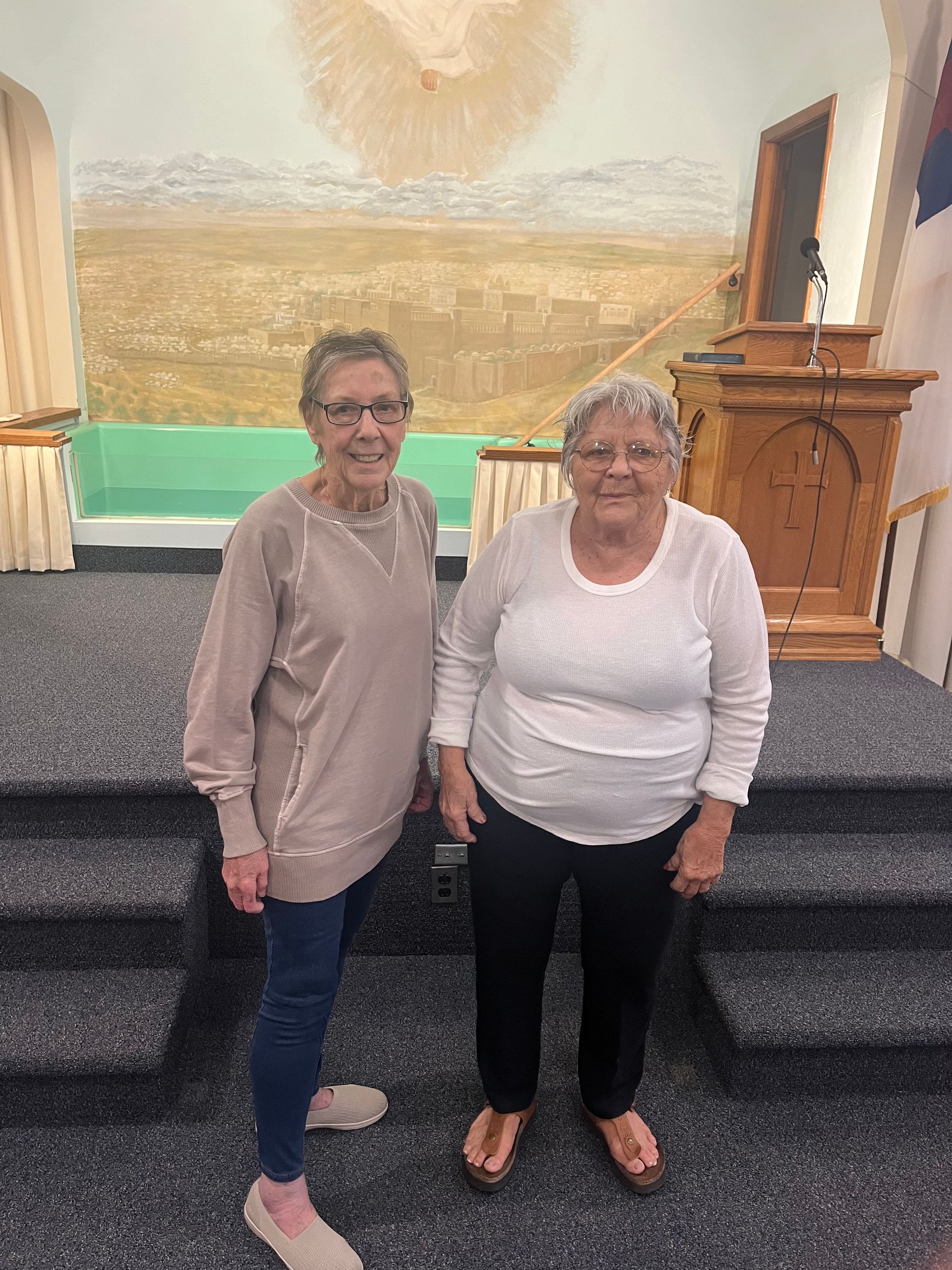Guns and The Pulpit
The recent shooting at a Jewish Synagogue in Pittsburgh, which killed eleven people, has again caused many churches and others the faith communities to wrestle with guns in a place of worship that ought to be an environment of safety and peace. This discussion seemed to be especially spurred on by President Trump’s comments that an armed guard stationed in the Synagogue might have stopped the gunman and prevented the fatalities that followed.
This discussion also impacts us as Brethren. Perhaps you too have wrestled with guns and their place in the church. I live in a state where individuals are allowed to conceal and carry. The reality is that there are people in my church who do own guns and carry them while attending church. I don’t know who they all are, but I know there are those who carry all the time.
So, how should we respond to guns in the church? Is it ok for people and even pastors to arm themselves? Do we have a right to defend ourselves or not? I think there are some things that we as Brethren can offer to help guide us through this very sensitive and tough conversation.
Nonresistance is NOT Pacifism
One of the values Brethren embraces is Nonresistance which is the rejection of violence and war as the answer to resolving conflict. Because of this, Pacifism and Nonresistance are often thought to mean the same thing. However, a closer examination shows that while on the surface they look the same, they are in fact different. Pacifism is opposing war and violence as a means to resolve a conflict. Pacifism is both secular and political in nature. Coined at the turn of the 20th century by the French lawyer and peace activist Émile Arnaud[1], pacifism’s goal is to bring about political change through non-violent means. Gandhi’s non-violent resistance in India to British rule is one example of pacifism bringing about political change. While pacifists will not engage in violent or armed protests, that has not stopped some from protesting in ways that are obnoxious and even disrespectful to achieve their political ends.
Like Pacifism, Nonresistance is the belief that violence and war is not the way to solve social and relational conflicts, including the problem of evil. However, Nonresistance is founded in Jesus and in what he said and did, most notably in Matthew 5:38-44:
“You have heard that it was said, ‘An eye for an eye, and a tooth for a tooth.’ But I say to you, do not resist an evil person; but whoever slaps you on your right cheek, turn the other to him also. If anyone wants to sue you and take your shirt, let him have your coat also. Whoever forces you to go one mile, go with him two. Give to him who asks of you, and do not turn away from him who wants to borrow from you. “You have heard that it was said, ‘You shall love your neighbor and hate your enemy.’ But I say to you, love your enemies and pray for those who persecute you,”
Unlike pacifism, the goal of nonresistance is not political change but the eradication of evil and the transformation of people and by proxy society and the world by demonstrating the grace and peace of God in the face of oppression, unfair treatment, and unjustified and violent force. Therefore, nonresistance is not merely a response but a reflection of the heart and character of Jesus Christ. Jesus never used violent means or forced his will on anyone. Even when He was rejected by the rich young ruler, Jesus didn't respond violently or with force, He simply let the young man go his own way. Evil and sin were conquered not by fighting violence with violence, but with the willing sacrifice of Jesus Christ on the cross. When we serve our enemies rather than fight them or when we pray for our enemies rather than curse them, we place ourselves in the work God is doing to bring his Kingdom on earth. When we adhere to nonresistance, we are embracing a value and a citizenship, not of this world, but of God’s kingdom.
Nonresistance is practiced in Context
Over the years, differences have arisen among Brethren over the practice of nonresistance.[2] These differences are not limited within the Brethren Church but are found across Brethren denominations. The Brethren Church is one of the few Brethren Denominations that ordains Military Chaplains while at the same time promoting the Dove as a symbol of peace in our logo. This might seem contradictory, but it’s not, it’s being Brethren. As Brethren, we realize that where we live, minister, and do life with others matters. In fact, we recognize…
“ that our Brethren Life is played out in many different contexts, not only in North America, but also throughout the world. We promote a contextual application of our Brethren identity that is sensitive to issues of culture, gender, class, race, language, and age. We don’t easily give up our traditions or practices, even as we seek to adapt them for the place and time our congregations and members find themselves. We attempt to translate our traditions into the idioms and needs of the day.”[3]
For Brethren, we believe in living out our theology in the context and times we are living in. The practice of nonresistance will look different today than it did 50, 100, or 200 years ago, and it may look different from one culture to another. Therefore, can I practice nonresistance and still defend myself or my family from an attacker? Can I be nonresistant and carry a gun to church? Can I be nonresistant and serve in the military? It depends on context and our living out what we as Brethren believe. As we continue to wrestle with and talk about what the practice of nonresistance looks like, we would do well to listen to the advice of the 17th Century Lutheran Theologian Rupertus Meldenius, “In essentials unity, in nonessentials liberty, in all things charity.”[4]
[1] Pacifism (Stanford Encyclopedia of Philosophy)," Stanford Encyclopedia of Philosophy, accessed October 30, 2018, https://plato.stanford.edu/entries/pacifism/.
[2] Contextual Brethren Life | The Brethren Church," The Brethren Church | Planting Churches, Developing Leaders, Serving Globally, accessed October 30, 2018, https://www.brethrenchurch.org/contextual-brethren-life.
[3] Contextual Brethren Life | The Brethren Church," The Brethren Church | Planting Churches, Developing Leaders, Serving Globally, accessed October 30, 2018, https://www.brethrenchurch.org/contextual-brethren-life.
[4] Mark E. Ross, "In Essentials Unity, In Non-Essentials Liberty, In All Things Charity by Mark Ross," Ligonier Ministries, last modified November 2018, https://www.ligonier.org/learn/articles/essentials-unity-non-essentials….










